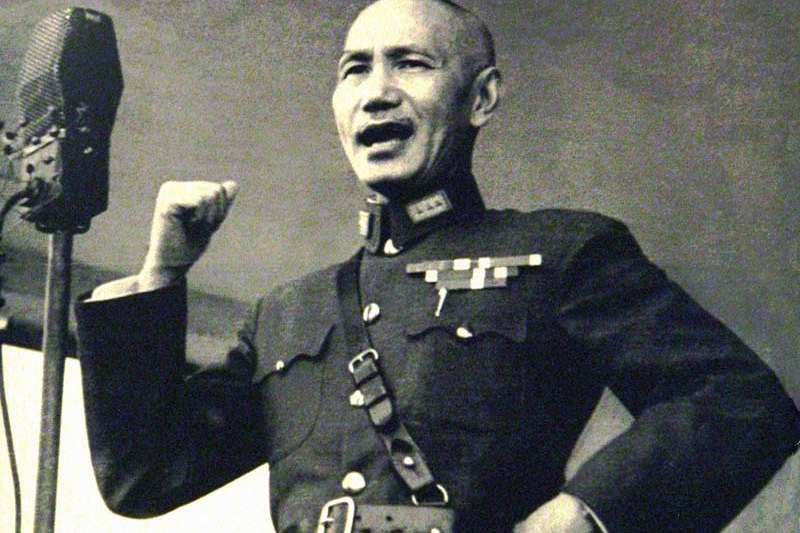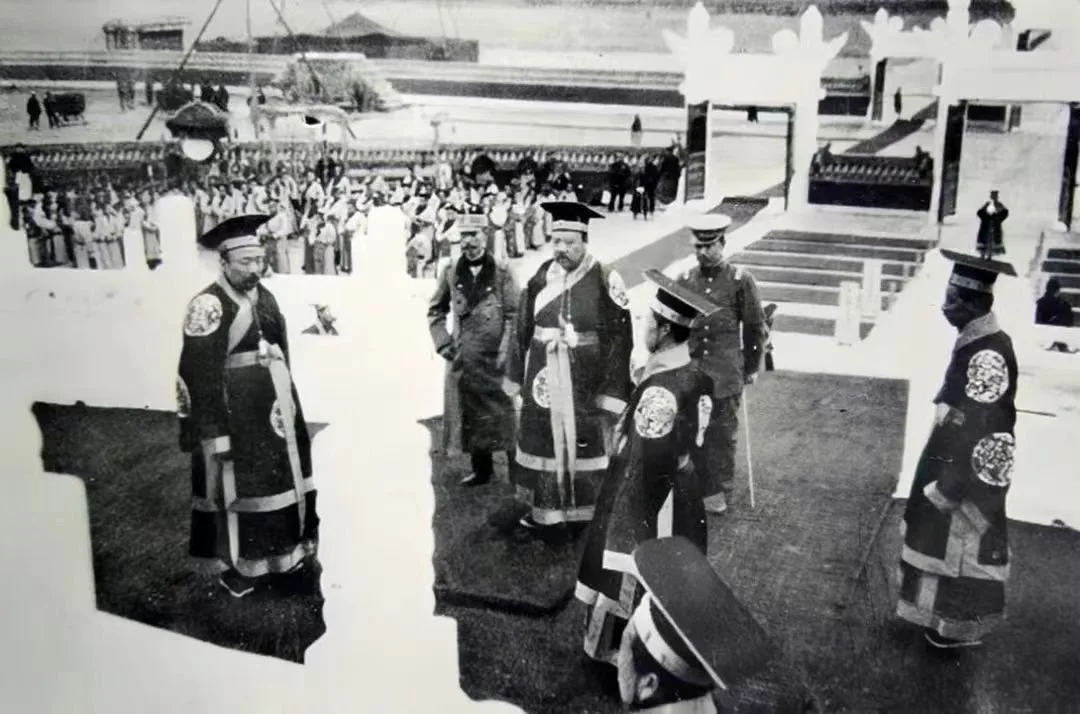In 1929 Chiang Kai-shek Tried to Abolish Chinese New Year
In 1929 Chiang Kai-shek tried to abolish Chinese New Year. It sounds like something out of a fairy tale, because who other than the most terrible monstrous villain would ever think about cancelling the most important family gathering of the year. It feels like the equivalent of wanting to cancel Christmas, but that was not how Chiang Kai-shek saw it, the generalissimo wanted progress and to him, Chinese New Year was a feudal outdated tradition. Chiang Kai-Shek’s vision was, to completely turn Chinese society in a Western direction and embrace the Gregorian calendar. The language that was used propagating the proposal is quite interesting because in his crusade against Chinese New Year celebrations, Chiang Kai-shek used many of the same terms that today is mostly associated with socialism, For example describing celebrating Chinese New Year as “ 反革命 fan geming”, meaning to oppose the revolution.
In 1930 Minguo Ribao wrote that Chiang Kai-shek had ordered the eradication of Chinese New Year
But it was not only the Chinese New Year that Chiang Kai-shek wanted to get rid of, at least a contributing factor to Chiang Kai-shek’s fight against the Chinese New Year was that his predecessor as leader of China Yuan Shikai and his Beiyang government, had made a sort of compromise by calling Chinese New Year “ 春节 Chun jie” or Spring Festival. Chiang Kai-shek did want to built his reign on a Beiyang government foundation, and stated very clearly that China needed a new calendar.
When the constitution was finally implemented in 1923 a commemarative stamp with the temple of heaven was issued
The Beiyang government had however in many ways had the same goal as Chiang Kai-shek, they were just much more pragmatic, by calling Chinese New Year “Chun Jie” - people could celebrate old customs as much as they wanted and not collide with the Gregorian calendar’s new year.
In fact the Yuan Shikai government also made another change. Originally the first day of the lunar calendar was called “ 元旦 Yuan dan”, this term now changed its meaning to January first. Both Chun Jie and Yuan dan are still used in the above-mentioned ways to this very day.
Yuan Shikai understood the power of tradition. When he aspired to become emperor he went straight to the altar of heave, and when he wanted China to implement the Gregorian calendar he relabeled the Chinese New Year "Spring Festival" or "Chun jie"
Ultimately not surprisingly Chiang Kai-shek failed, Chinese tradition proved stronger than the generalissimo’s vision, but as late as 1940 in the famous book “The Adventures of Mr. Wu" published by The Peking Chronicle there are still references to the Nationalist governments urge to cancel Chinese New Year.


